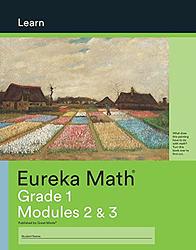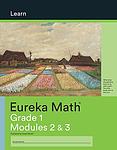Eureka by Edgar Allan Poe
"Eureka" is a lengthy non-fiction work by an American writer, which presents a cosmological theory that predates the Big Bang theory by nearly 80 years. The essay delves into the author's intuitive conception of the nature of the universe, exploring the relationship between matter, energy, and the divine. It is a blend of poetry, science, and philosophy, where the author theorizes about the origins of the universe, its eventual collapse, and its subsequent re-creation in an eternal cycle. The work is highly speculative and metaphysical, reflecting the author's personal musings on the interconnectedness of all things and the ultimate understanding of God's design.
The 7159th greatest book of all time
Ranking Details:
Our ranking system awards points to books based on their appearance and position on curated lists. Here's how it works:
Unranked Lists: For lists without specific rankings, each book receives points equivalent to the list's weight. This approach recognizes the book's inclusion on prestigious lists.
Ranked Lists: Books on ranked lists receive points in two ways:
- Base Points: Initially, every book is awarded points equal to the list's weight, acknowledging its significance.
- Bonus Points: Additionally, books earn bonus points based on their ranking. The total bonus pool, equal to 100% of the list's weight, is distributed among the books, with higher-ranked books receiving more points.
Exponential Distribution: The distribution of bonus points follows an exponential model. This means the top-ranked book (#1) receives significantly more bonus points than those further down the list (e.g., #100). Our algorithm ensures that higher placements are rewarded more generously, reflecting the achievement of a top rank on any given list.
This scoring system ensures that each book's ranking reflects both its presence on multiple lists and its positions within those lists, providing a comprehensive measure of its acclaim and popularity.
Total Points: 45
Since this book was first published in 1848, there is a penalty of 0%. The age adjusted score is 45.0.
This is to prevent newer books from reaching super high on the ranked list of the greatest books of all time. The greatest books should also stand the test of time.
- score: 45 -- Harold Bloom's The Western Canon (Weight: 45)

